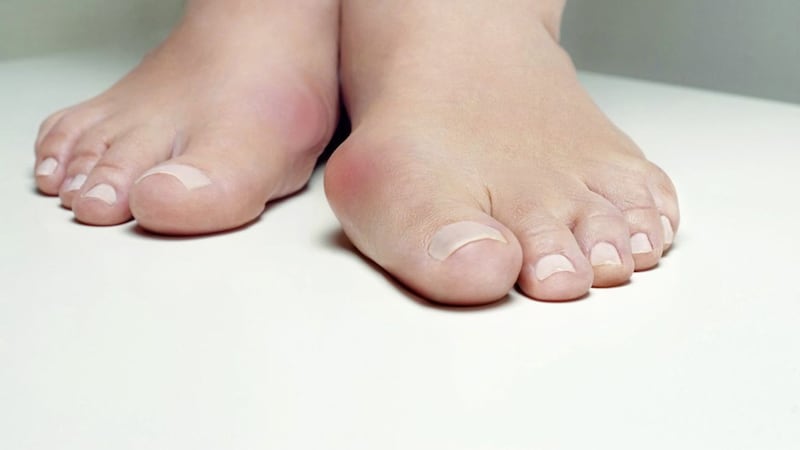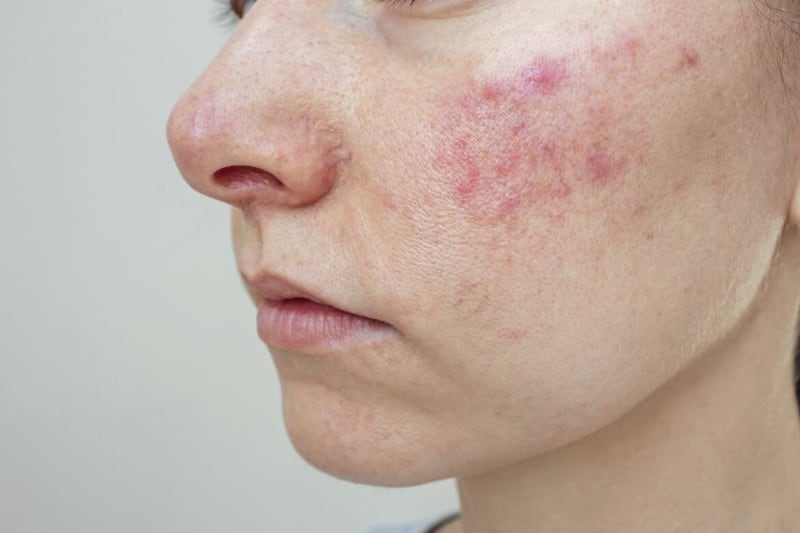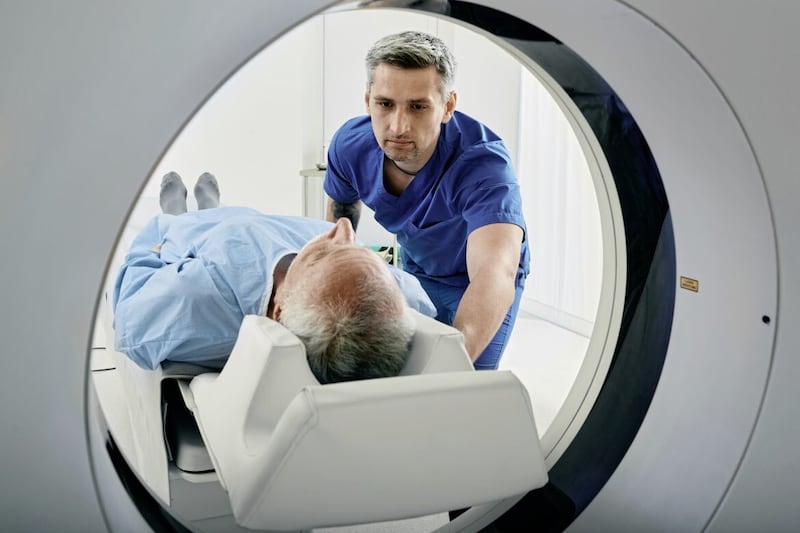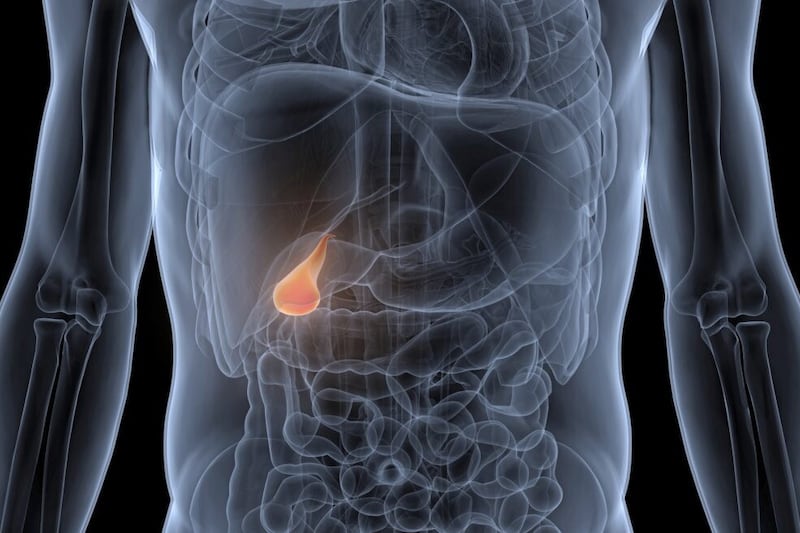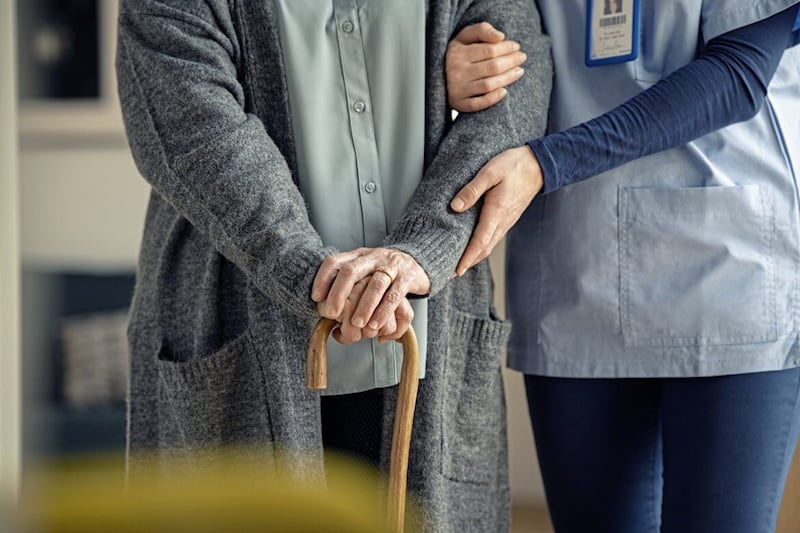Q: I’M a very healthy 50-year-old mum of one. I try to run three times a week but my bunions (and bunionettes) aren’t taking too kindly to this. I wear trainers and flat shoes most days, but would a device or cushion help? I’d like to avoid an operation.
RB
A: Thank you for your letter about a condition many readers will share. A bunion occurs when the big toe moves sideways towards the smaller toes. This causes the joint where the big toe meets the foot – known as the metatarsophalangeal joint – to stick out.
As a result of the ensuing friction, the skin becomes inflamed and sore, and the joint itself arthritic, destroyed by the process.
Other toes may also become deformed owing to the pressure, while smaller bunions can develop at the little toe (bunionettes). All this can cause pain – though, as you say in your longer letter, you are not in discomfort – as well as difficulty finding shoes that fit.
While traditionally it was claimed tight-fitting footwear was to blame, orthopaedic experts now say this is only a contributing factor. Basically, it’s thought people are born with the tendency to have bunions, and wearing tight shoes aggravates this.
There is no doubt that genetic factors are a major influence – indeed, I have seen severe bunions in teenagers. The only ‘cure’ is surgery and, despite what you may have heard about it no longer being available on the NHS, this is not universally the case.
Surgery is listed in the official NICE (National Institute for Health and Care Excellence) guidelines as a treatment if bunions are very painful (ie not for cosmetic reasons). However, provision of surgery will depend on your health authority.
Otherwise the best option is to see a podiatrist with the aim to find suitable ‘inserts’ (or orthotics) to cushion the toes and reduce friction and subsequent inflammation.
Although there are any number of such devices available online, using these will involve a lot of trial and error. This is where the experience of a podiatrist will be invaluable. Podiatry is available on the NHS but, again, depends on your local health authority.
Seeking private treatment may prove less expensive than wasting your money on devices bought from the internet. You’d be in the hands of an expert who could review your case every few months and monitor any deterioration.
It is most important for overall health that you should continue your exercise regimen.
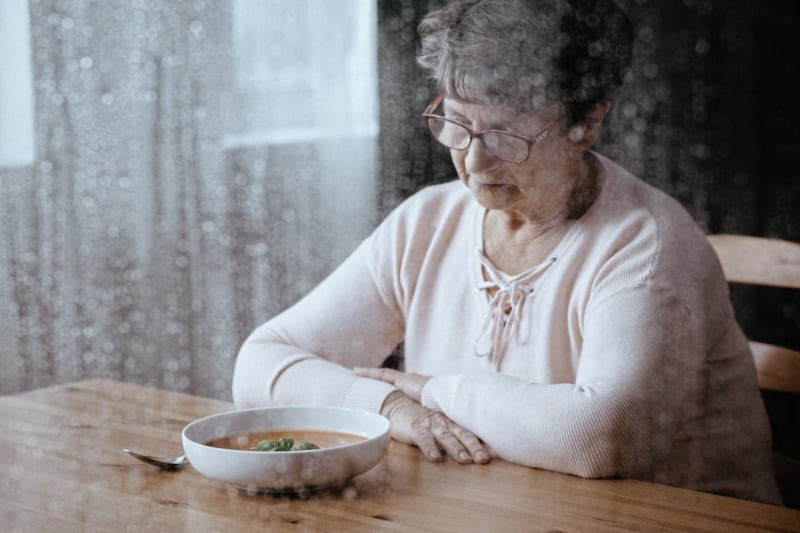
Q: MY SENSE of taste isn’t working, and hasn’t for some time. I do not feel hungry, but if I do eat lunch, then I struggle to stay awake and I feel dreadful for about an hour if I nap. As far as I know, I haven’t had coronavirus. Any ideas? I am 91.
DM
A: Losing such a vital sense is very challenging and I can sympathise with how this must affect your life. Despite not having your wider medical history to hand, I received your letter sometime after the pandemic began, and it’s more than likely this has some bearing.
You may already be aware that many people have had Covid-19 without experiencing any symptoms – a so-called silent infection.
The coronavirus is one of many viruses that can do this; another is cytomegalovirus (CMV, caused by a herpes virus), which can lead to fever and fatigue but which, in many cases, has no symptoms. You can even have ‘silent’ chickenpox.
Why do some people have silent infections? I imagine it’s a sign of a robust initial immune response which limits the usual symptoms.
Proving you’ve had ‘silent’ Covid would be difficult – you would need to take an antibody test (a blood test that can identify if you’ve had an immune response to Covid). These can be obtained privately.
But if you have had the vaccination (and I hope you have), you will now have antibodies in your bloodstream anyway, as a response to the jab, so an antibody test will be of no use.
If your symptoms are in fact because of the virus, then it’s likely they will abate eventually, though it may take time – weeks or months, if my own patients’ experiences are anything to go by.
Our sense of taste is provided mainly by our sense of smell, so I imagine this, too, is affected to some degree in your case. The charity AbScent has some useful advice on ‘retraining’ your sense of smell after a Covid infection. Visit abscent.org/nosewell – I hope you find this helpful.
© Solo dmg media
